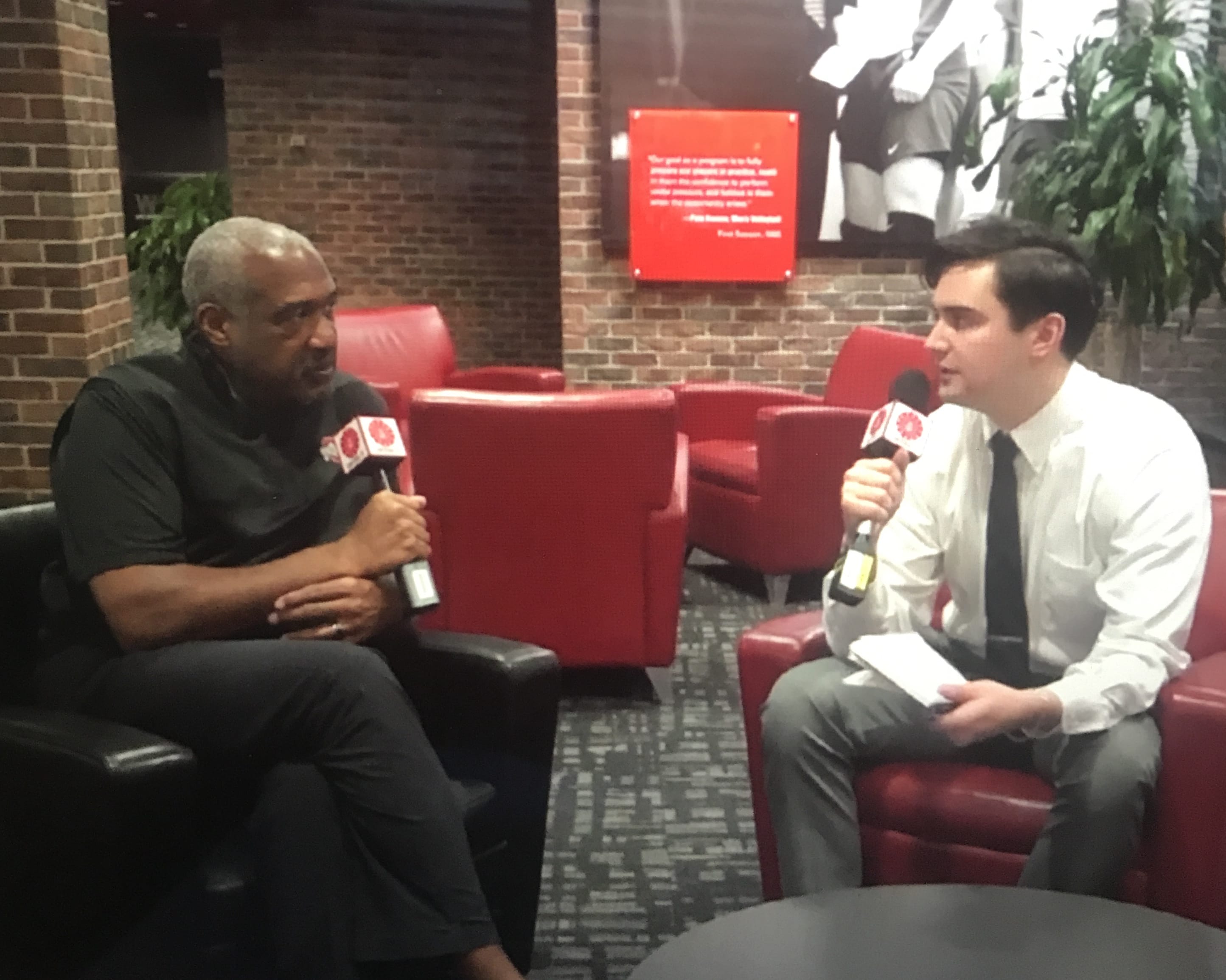A significant piece of the NCAA's amateurism model was invalidated Monday, as the Supreme Court ruled unanimously in favor of collegiate student-athletes in the NCAA v. Alston case.
As a result, the NCAA can no longer limit the education-related benefits that student-athletes receive from their respective schools.
Justice Neil Gorsuch wrote the opinion, with Justice Brett Kavanaugh adding a concurring one as all nine justices agreed that the NCAA and its member schools were in violation of the Sherman Antitrust Act due to the limits placed on compensation for academic-related costs.

The Alston case, named after former West Virginia running back Shawne Alston, began eight years ago, but has now dealt a major blow to the NCAA's amateurism rules.
Schools will not be obligated to spend more money on student-athletes in regards to academic-related expenses, but athletes will now soon benefit from the competition between schools as they can now "outbid" each other as it relates to education-based aid.
Monday's ruling does not directly impact name, image and likeness rights for student-athletes, which could go into effect in Ohio at the beginning of July. However, the ruling may make it more likely that the NCAA will nix its own NIL proposal and allow schools to have their own rules, according to Sports Illustrated's Ross Dellenger.
In fact, six Division I conference commissioners have sent a joint memo to the NCAA D1 Council in attempts to promote the idea that each school should have its own set of rules, per documents obtained by Sports Illustrated.
Congress could also pass a federal NIL bill, according to Sportico's Michael McCann, but any such action would not take place until after July 1, at which point many states are expected to have NIL laws in effect.
